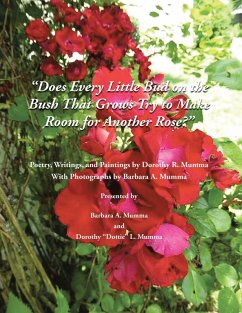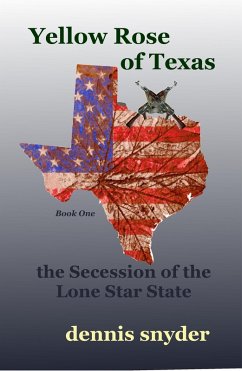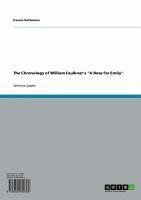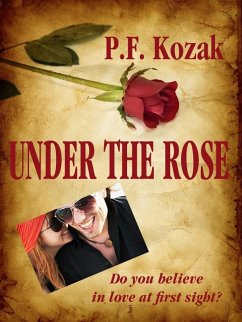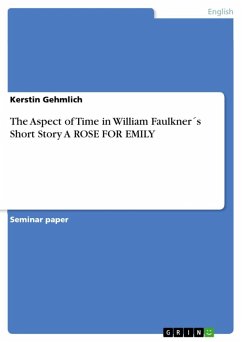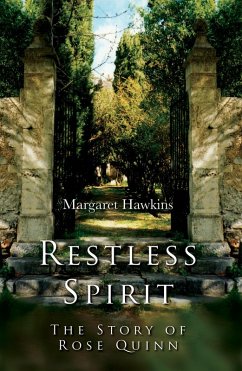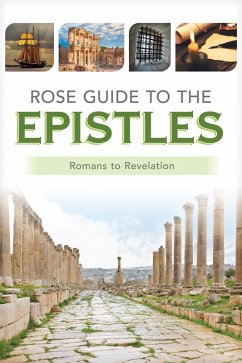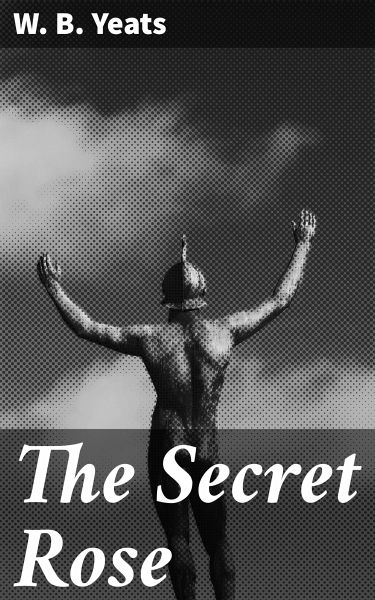
The Secret Rose (eBook, ePUB)
Exploring Love, Death, and the Supernatural in Mystical Tales

PAYBACK Punkte
0 °P sammeln!
In "The Secret Rose," W. B. Yeats weaves a tapestry of myth, folklore, and profound spiritual inquiry, reflecting his deep engagement with Irish culture and mysticism. This collection of short stories, infused with symbolic language and lyrical prose, seeks to unveil the ethereal and often elusive aspects of human experience. Through its exploration of the interplay between the material and immaterial worlds, Yeats challenges the conventional boundaries of narrative, ultimately constructing a realm where reality and imagination intricately intertwine. These tales are not mere escapades into th...
In "The Secret Rose," W. B. Yeats weaves a tapestry of myth, folklore, and profound spiritual inquiry, reflecting his deep engagement with Irish culture and mysticism. This collection of short stories, infused with symbolic language and lyrical prose, seeks to unveil the ethereal and often elusive aspects of human experience. Through its exploration of the interplay between the material and immaterial worlds, Yeats challenges the conventional boundaries of narrative, ultimately constructing a realm where reality and imagination intricately intertwine. These tales are not mere escapades into the supernatural; they embody Yeats'Äôs philosophical musings on the nature of existence and artistic creation itself. W. B. Yeats, a leading figure of the Irish Literary Revival, was profoundly influenced by the rich traditions of Irish myth and the burgeoning search for national identity in the late 19th and early 20th centuries. His fascination with the occult and the esoteric, spurred by his involvement in the Theosophical Society and later the Golden Dawn, informed his literary work, as he sought to express the ineffable truths underlying human existence. Yeats'Äôs personal experiences and spiritual journeys are intricately woven into these narratives, revealing not only his artistic vision but also his deep quest for understanding. For readers who seek to immerse themselves in a world where the lines between reality and the mystical blur, "The Secret Rose" offers a compelling journey. Yeats'Äôs masterful storytelling, enriched by his poetic sensibilities, provides an indispensable lens through which to appreciate both Irish heritage and the universal human condition. This collection is highly recommended for those interested in the confluence of literature, spirituality, and cultural identity.
Dieser Download kann aus rechtlichen Gründen nur mit Rechnungsadresse in A, B, BG, CY, CZ, D, DK, EW, E, FIN, F, GR, H, IRL, I, LT, L, LR, M, NL, PL, P, R, S, SLO, SK ausgeliefert werden.




